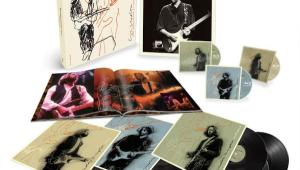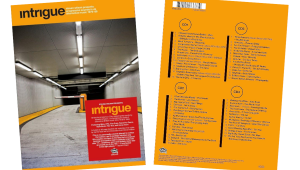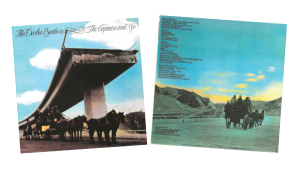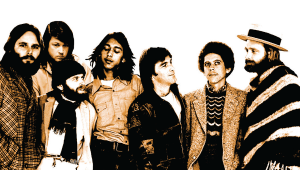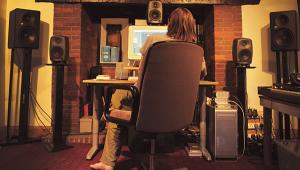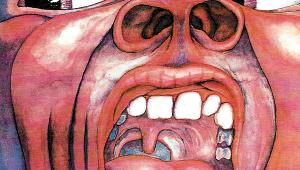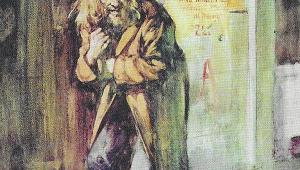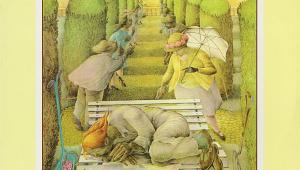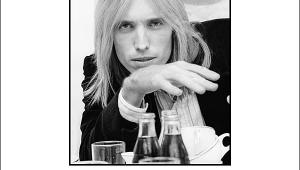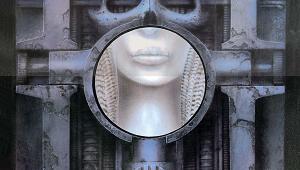CD Review: Beethoven’s “Fidelio” Page 2
The cast is nearly ideal. For almost 50 years, the performances of the lead roles by Christa Ludwig and Jon Vickers for Klemperer have been the standard-bearers. Soprano Nina Stemme’s Leonore is now the finest on recording since Ludwig’s. In her great recitative and aria “Abscheulicher . . . Komm, Hoffnung,” Stemme lacks only the final shade of subtlety and tonal beauty that infused Ludwig’s equally dramatic performance.
In Jonas Kaufmann, we have found Vickers’s modern-day counterpart in the fiendishly demanding tenor role of Florestan. Kaufmann has nearly as thrilling intensity and even more beautiful tone, such that this Fidelio reaches true greatness only upon his arrival in Act II. Abbado’s conducting, effective and exciting until this point, gains gravitas in the introduction and aria “Gott! Welch Dunkel hier!”
The lighthearted first scene between the jailor’s daughter Marzelline, sung by soprano Rachel Harnisch, and her boyfriend the gatekeeper Jaquino, sung by tenor Christoph Strehl, introduces the somber setting if not yet the drama that is about to unfold. They are joined by Stemme and bass Christof Fischesser (as the jailor Rocco) in the great quartet “Mir ist so wunderbar,” which sets the tone for the darker times ahead.
The baritone voices of Falk Struckmann as the threatening Don Pizarro and Peter Mattei as the consoling Don Fernando provide strong support. The profoundly moving Prisoners’ Chorus “O welche Lust,” sung during a rare moment of daylight in the men’s dismal existence, is the emotional highlight of the first act as performed by the excellent Arnold Schoenberg Chorus. And they are exhilarating in the Act II Finale when joined by the women in celebration of their liberation.
Decca’s live recording of the semi-staged performances is bright, full-bodied, and free of extraneous noise (an errant cough or two notwithstanding). While not studio-quality, it captures the pit-to-stage balance realistically and compensates in its theatrical power. The offstage trumpet, perfectly distanced, signals chillingly the imminent arrival of hope and the triumph over tyranny that Beethoven yearned for as much as the characters in his great opera.
- Log in or register to post comments
